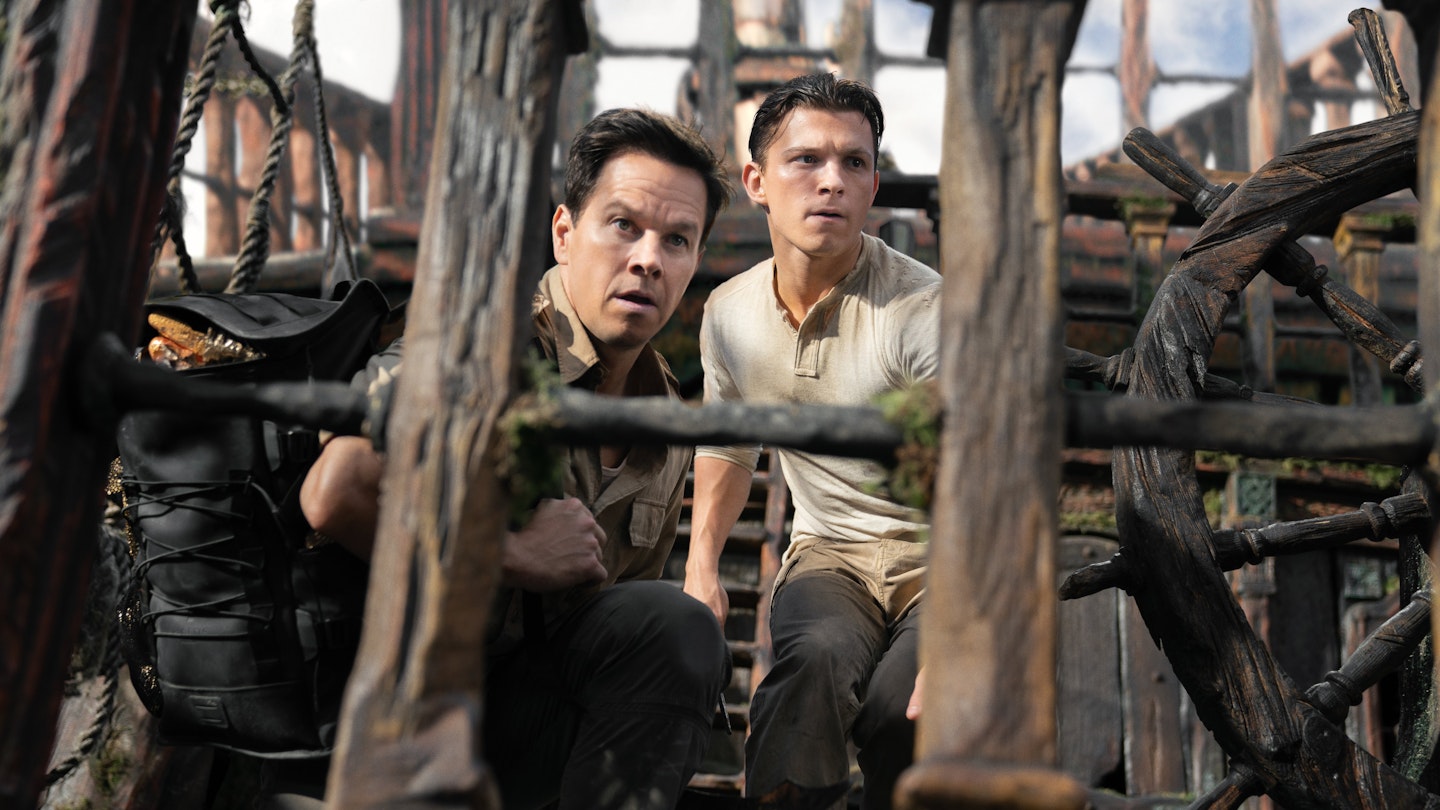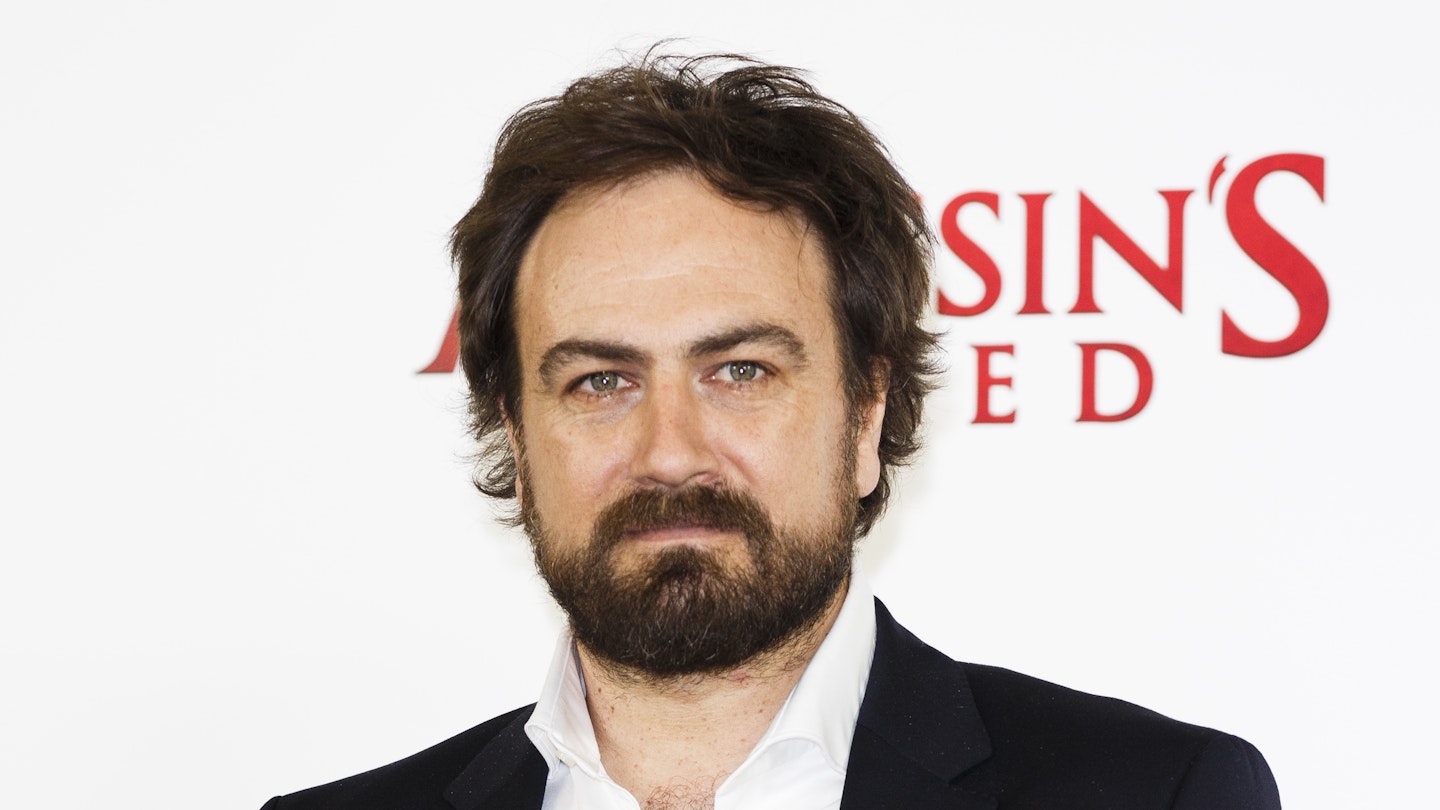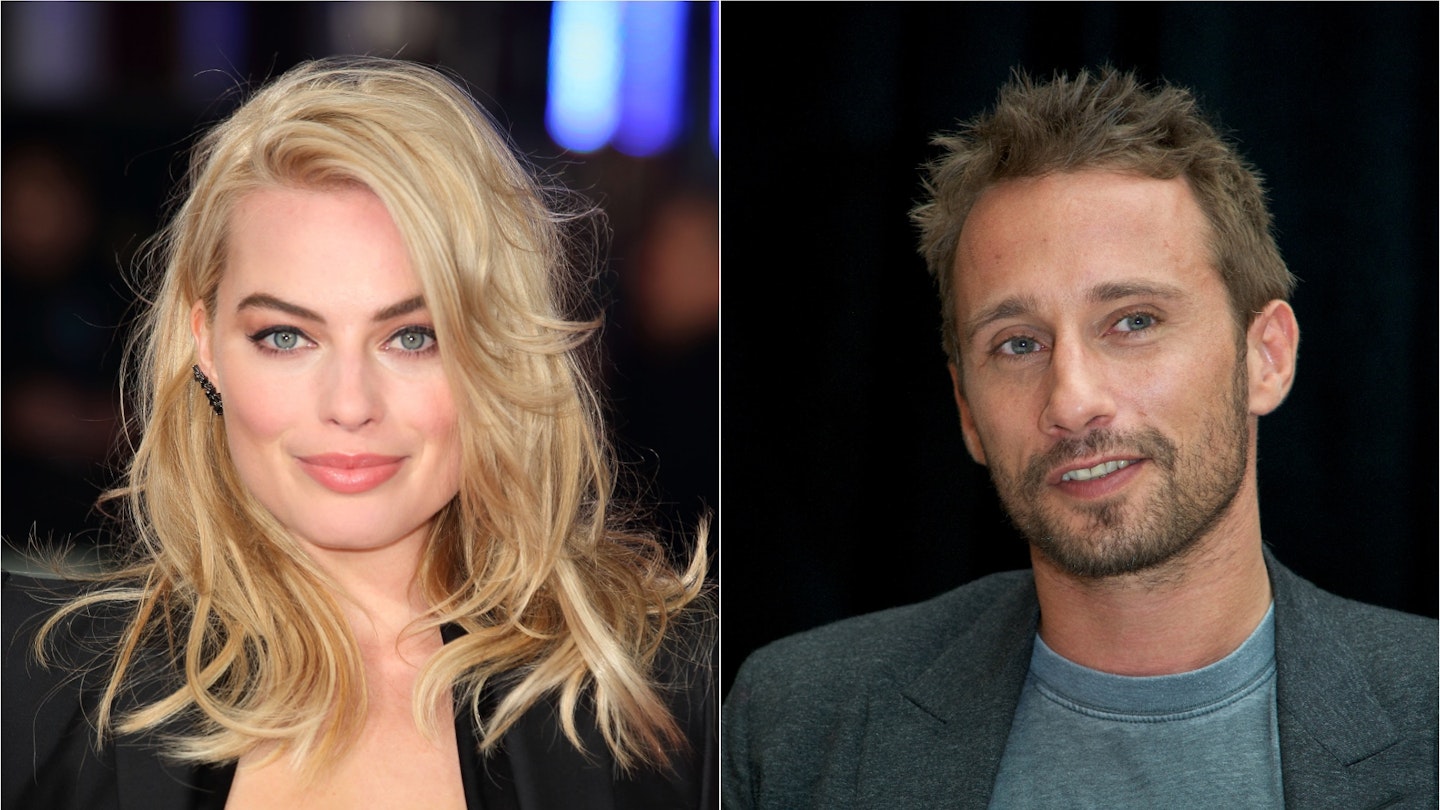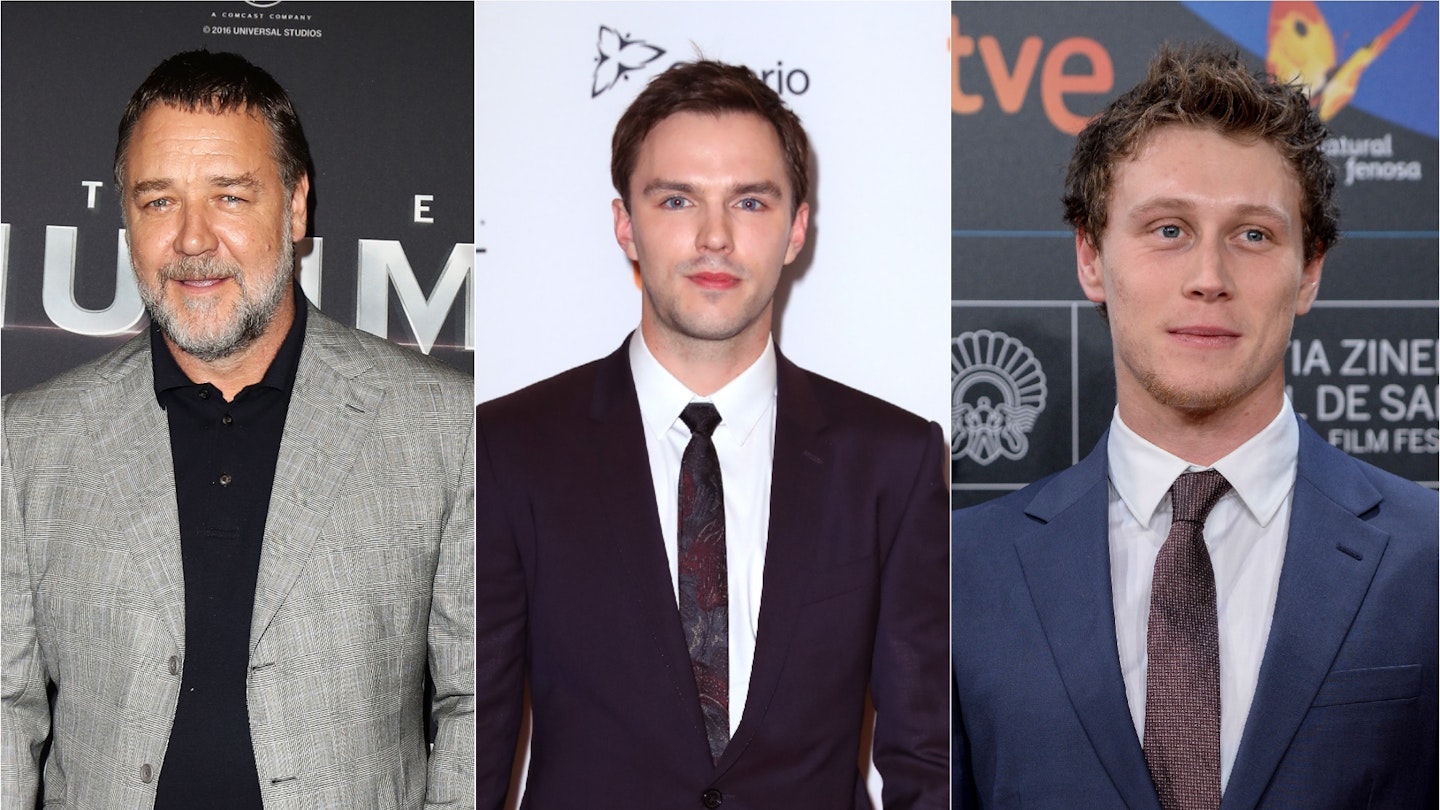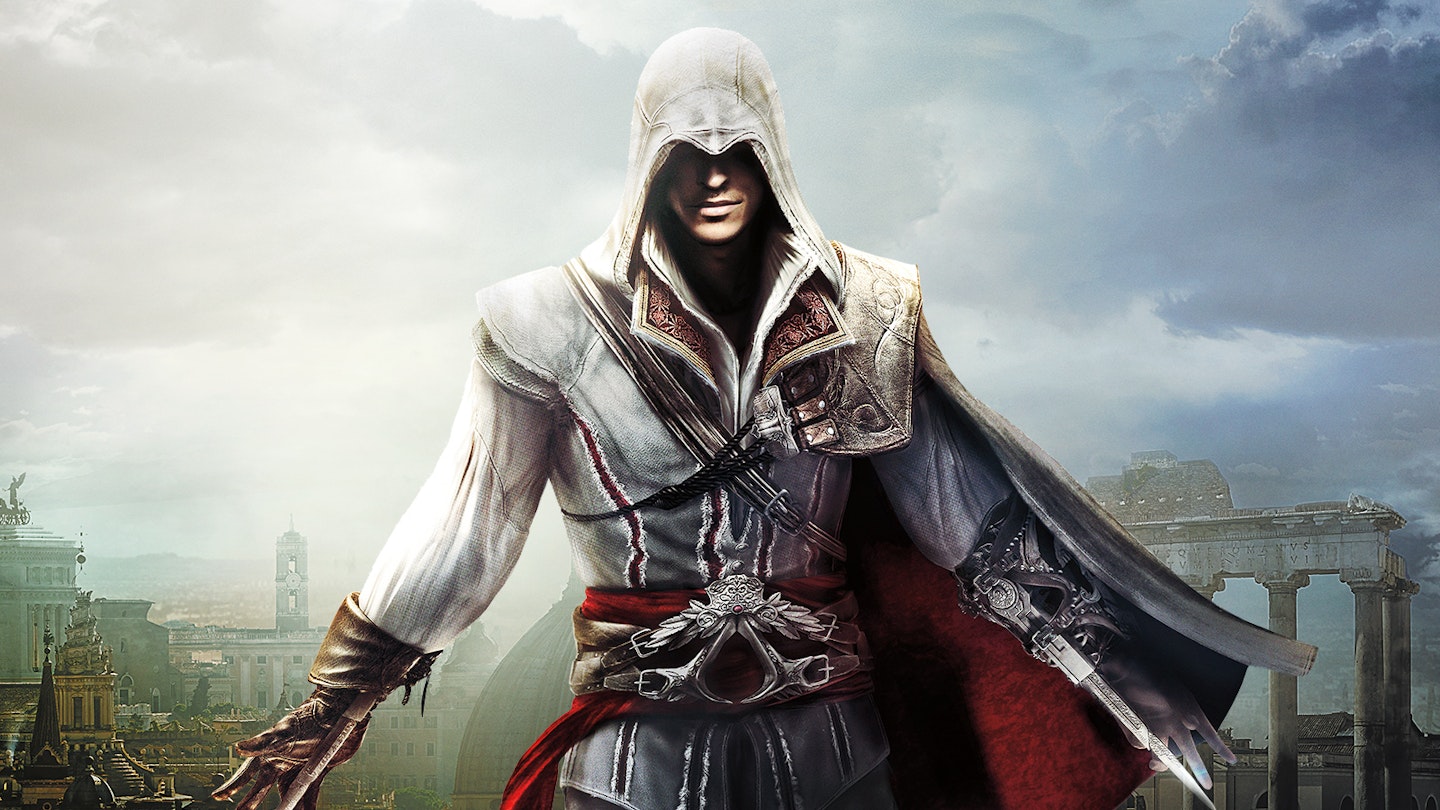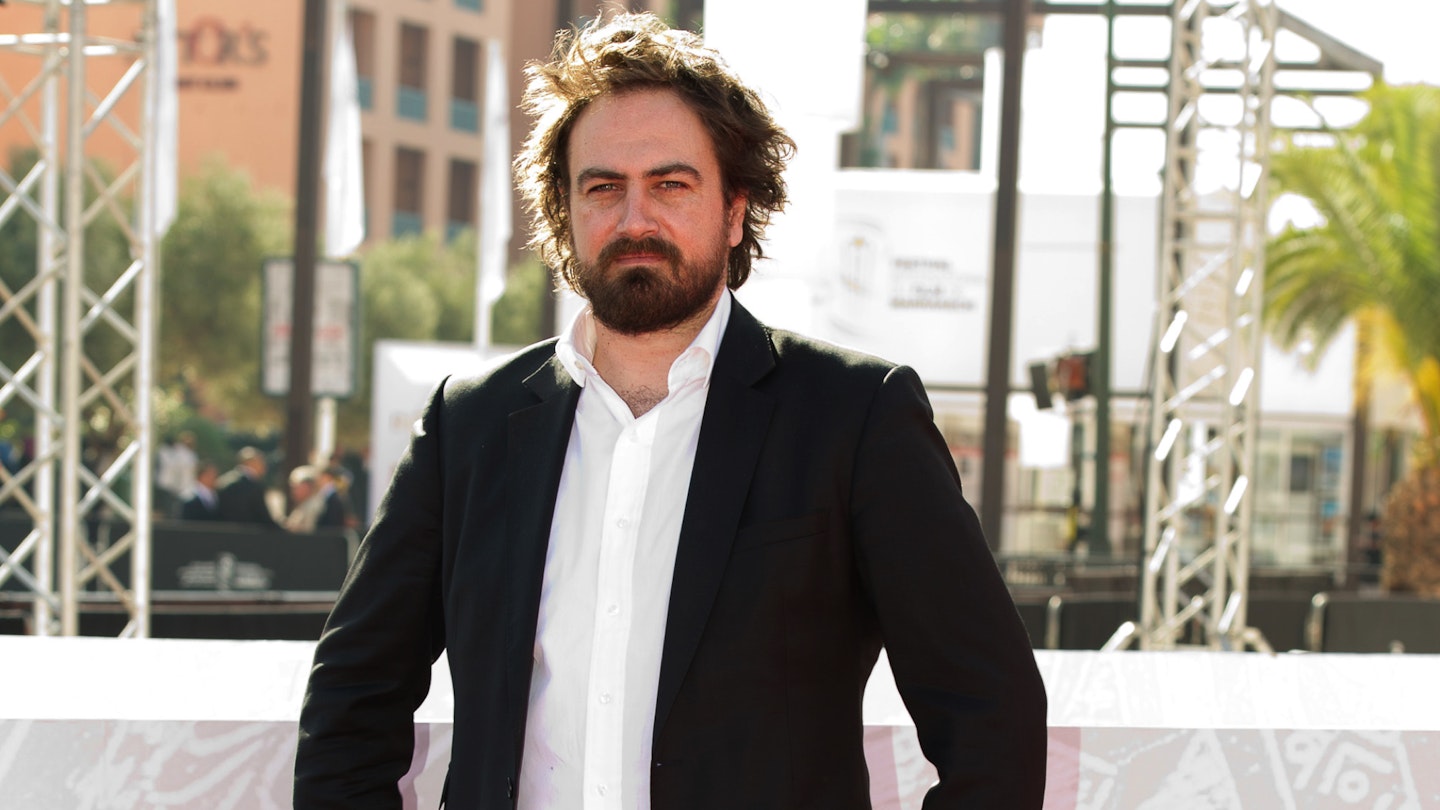When it comes to video game adaptations, cinema has notoriously been an elephant’s graveyard. After Warcraft became the most recent title to stagger in and immediately keel over, all eyes now turn to Assassin’s Creed...
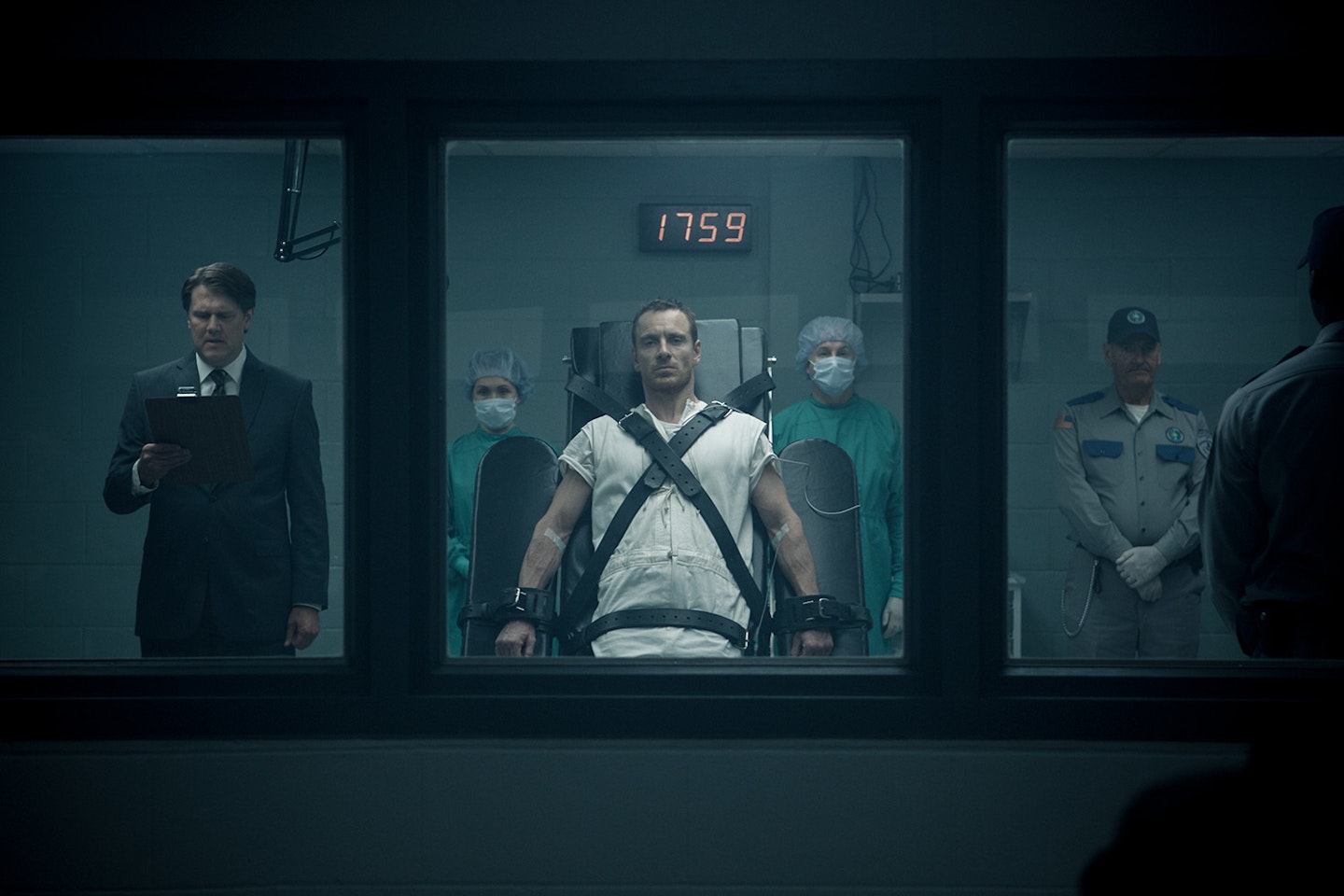
The film’s pedigree is impeccable, having been made by the trio that drove last year’s Macbeth to notable heights: director Justin Kurzel and the starring duo of Marion Cotillard and, of course, star/producer Michael Fassbender. After successfully tackling Shakespeare, a Ubisoft game must have seemed like literal child’s play, but while the result is often spectacular, the story is not. It is, as the Bard once phrased it, “a tale… full of sound and fury, signifying nothing.”
Neither a direct hit, nor another body for the pile.
The problem from the off, as Kurzel whips us through multiple time periods and introduces his main characters, is that it’s all taken far too seriously. Assassin’s Creed is a game that, for all its grim and gritty trappings, revolves around a plot device — porting into the memories of an ancestor via a machine called the Animus — that is stupendously daft. And Assassin’s Creed is a movie that revolves around a MacGuffin called the Apple Of Eden. That kind of material demands a lightness of touch. Instead, the whole endeavour is heavy-handed and po-faced, cloaked in murky browns and cold cobalt.
The only time Fassbender flashes his megawatt grin, it’s in a moment inflected with ironic bitterness. In addition, all of the past-set sequences are subtitled. While we applaud the nod to authenticity, it exacerbates the situation: not only are they being far too earnest, they’re doing it in Spanish! The assassins are deadly with a fork from 300 paces, but you suspect the thing that would really kill them is if someone asked them to crack a joke.
The story is a tapestry of old-world mysticism and sci-fi tech that hangs together but also proves hard to follow if you haven’t played Ubisoft’s games. Meanwhile, the characters, while appealing in their own right, would have benefited from proper definition: the most we learn about Fassbender’s Callum Lynch is that he killed a pimp, and he’s angry at his dad. Meanwhile, Cotillard’s Sophia, who runs the futuristic clinic where Fassbender keeps being sent back into his forebear Aguilar’s body, has similar father issues with Jeremy Irons, and forges a tenuous bond with Lynch. However, there’s little depth here, and the interesting threads that are developed aren’t wrapped up in one go; instead, fate is tempted with an ending that leaves things wide open for a sequel. Always a risky game to play.
The frenetic action is Assassin’s Creed’s saving grace.
All of that said, the frenetic action is Assassin’s Creed’s saving grace. Inventively choreographed and beautifully executed, its game-inspired brand of wushu-meets-parkour delivers some genuinely awe-inducing feats. A mid-carriage-chase wall-flip and a dead-eye ricochet shot steal the breath and are delivered with a dizzying, kinetic energy that helps compensate for the dramatic lulls. Meanwhile, the Maltese locations provide an impressive stand-in for 15th-century Spain, lending the past sequences an aging grandeur that proves an effective counter to the cold steel and stark halogens of the Animus segments.
Neither a direct hit, nor another body for the pile, Assassin’s Creed is one of the better pixel ports. The action delivers in spades, but as Lynch runs around ancient buildings trying to decipher clues, it’s hard not to see this as a Dan Brown novel with added gymnastics.

